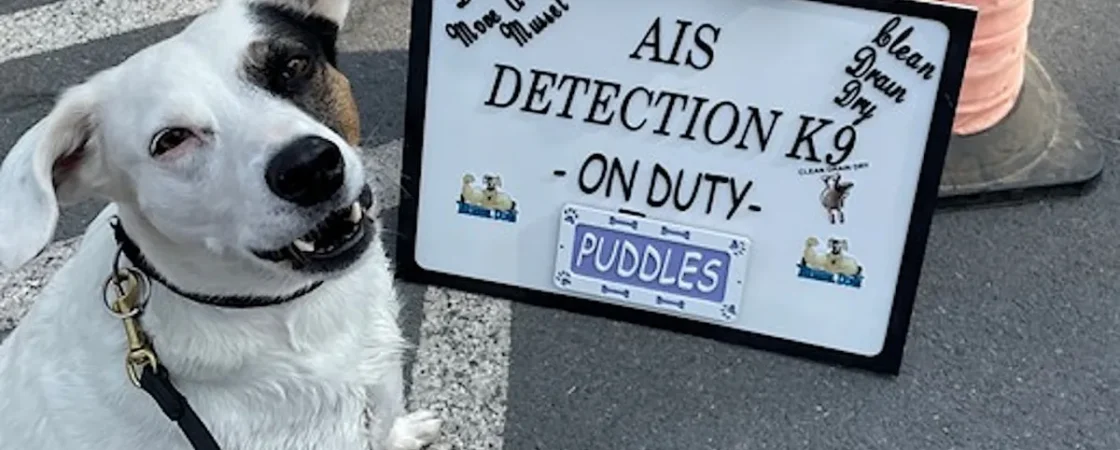A dog named Puddles is working with the Washington Department of Fish and Wildlife.
A dog named Puddles is sniffing out invasive mussels that are disrupting local ecosystems in Washington.
As KIRO 7 News reported, Puddles is working with the Washington Department of Fish and Wildlife to detect and remove mussels tagging along on watercraft.
Puddles was a police dog before retiring and has come out of retirement to help with the local mussel problem.
Invasive quagga and zebra mussels are problematic because they filter out algae that native species need for food. This disruption drastically alters aquatic food chains by depleting natural resources essential for native species’ survival.
Invasive mussels also cause economic damage by clogging water pipes and damaging infrastructure. Mussels play a significant role in the financial burden of resource damage and management in rivers, lakes, and oceans worldwide.
Meanwhile, conservation agencies are working in Colorado, Wisconsin, California, and many other places to control invasive mussel species.
Puddles and her handler, retired police sergeant Pam Taylor, are working at Lake Roosevelt in Northeast Washington to find invasive mussels. They are working with Mussel Dogs, a mussel-sniffing training company, to lead new dog recruits and their owners.
The local fish and wildlife department enlists the help of another mussel-sniffing dog named Fin. The Lake Roosevelt National Park Service funds the dogs’ watercraft launch work through a grant.
The department is looking for an additional mussel-sniffing dog to add to its team because the volume of mussels impacting the area is so extensive.
In early January, the department removed the largest volume of invasive quagga and zebra mussels from a single vessel in history — 21 gallons.
According to the Washington Invasive Species Council, “This is an alarming reminder of the imminent threat we face; if these mussels establish in WA, mitigation alone will cost hundreds of millions of dollars. You can help out by always cleaning, draining, and drying your boat, gear, and clothing after recreating in, on, or near water.”
Local residents and anyone interested can keep up with the dogs’ mussel detection work by following the Washington Department of Fish & Wildlife’s Facebook page.


